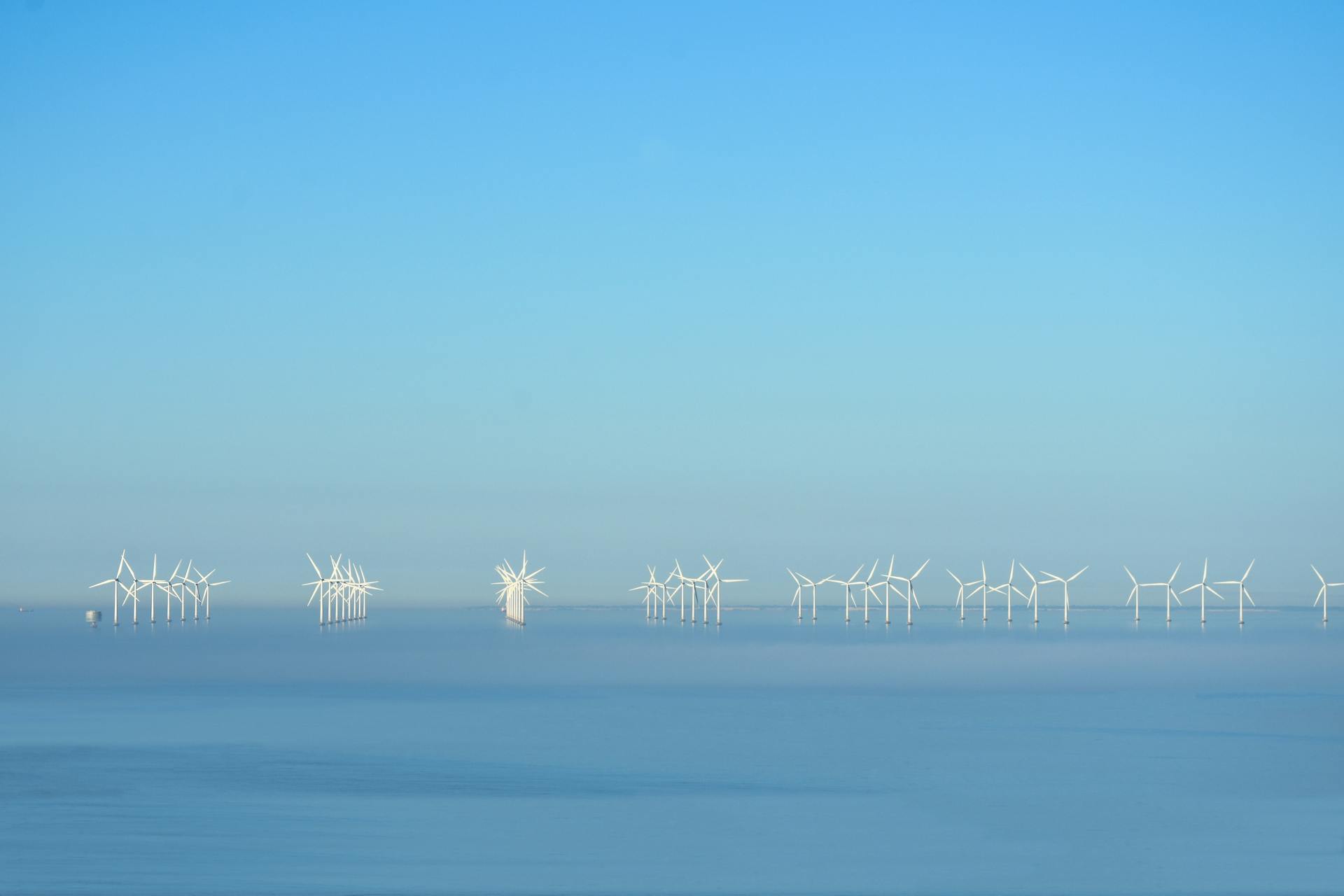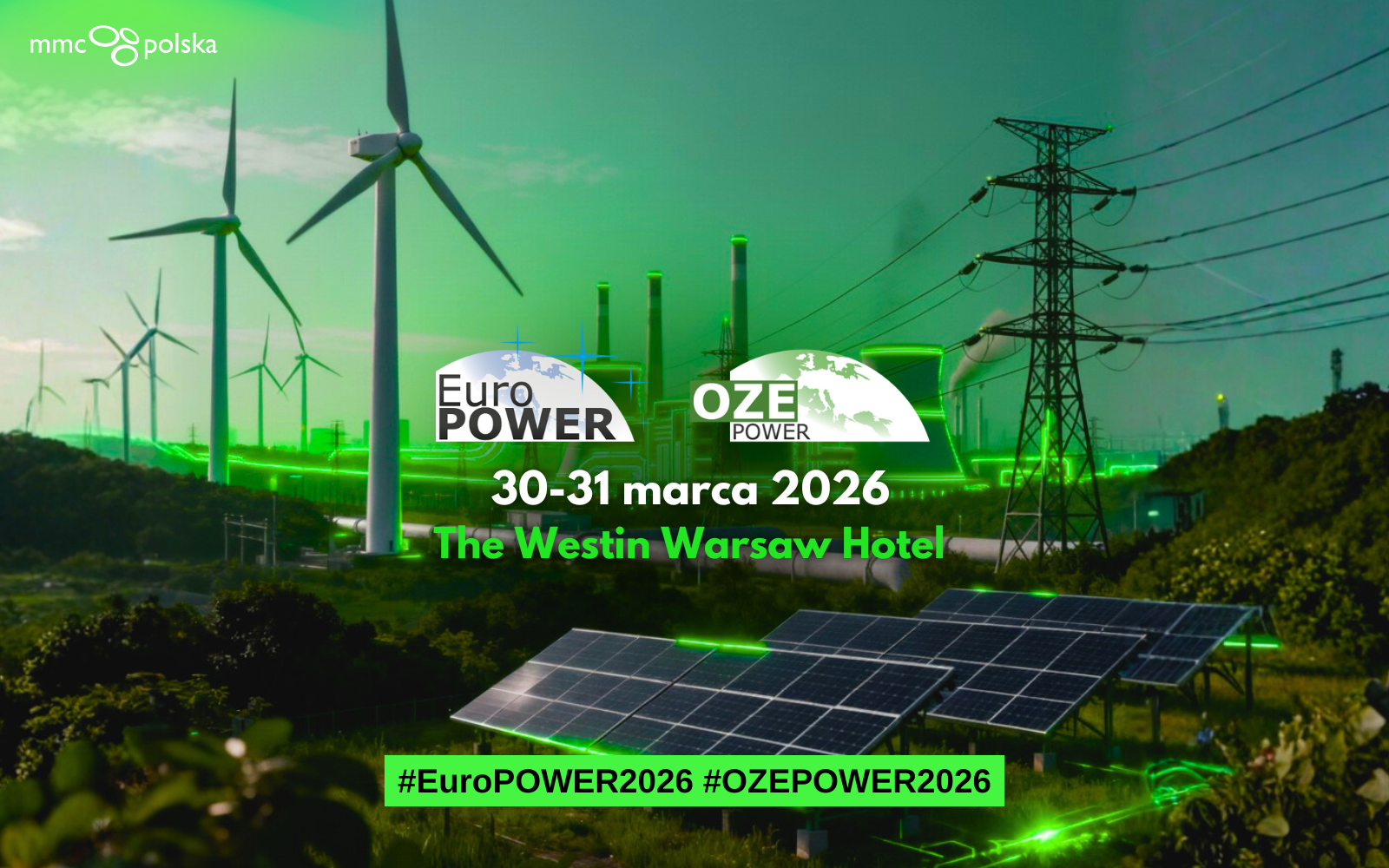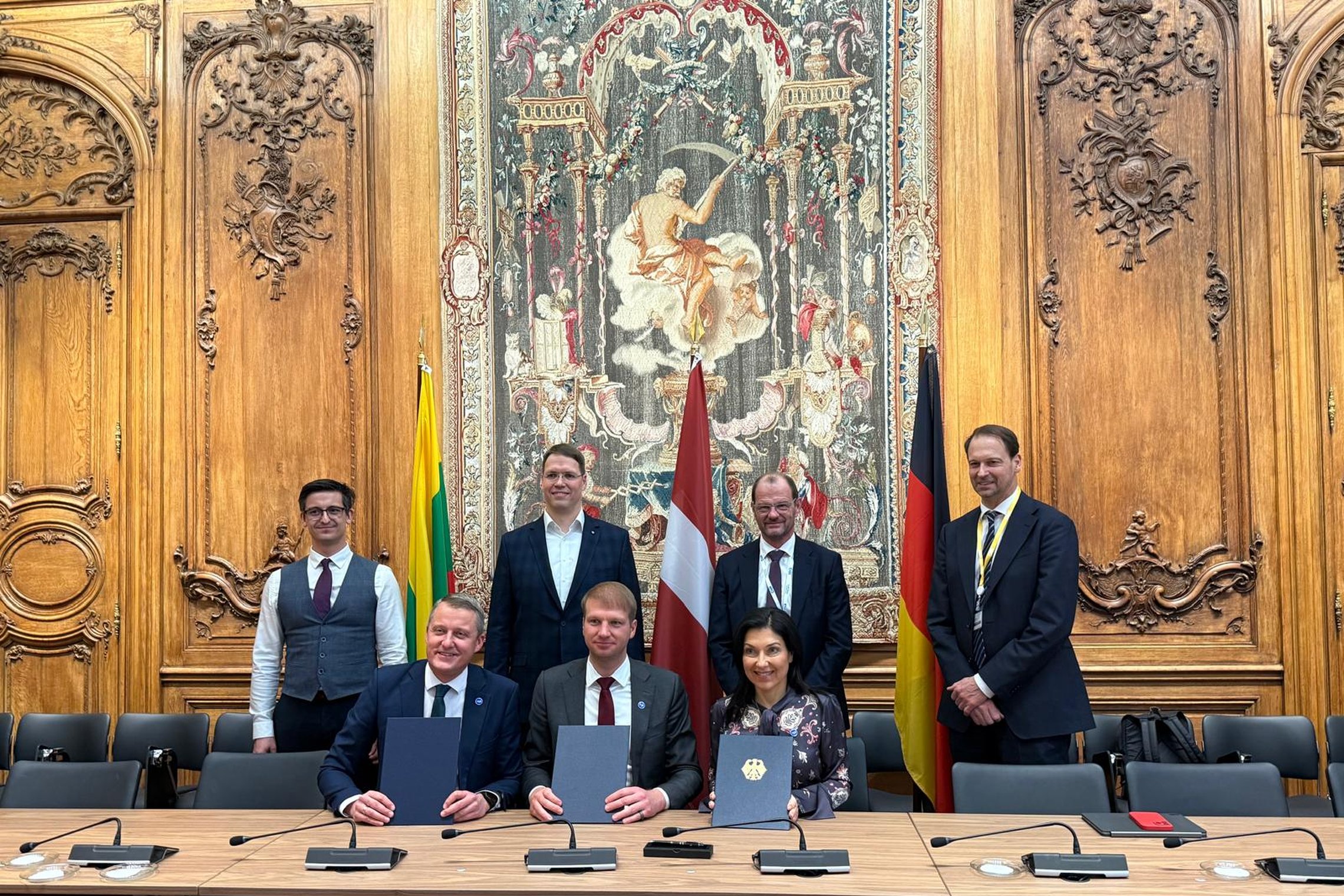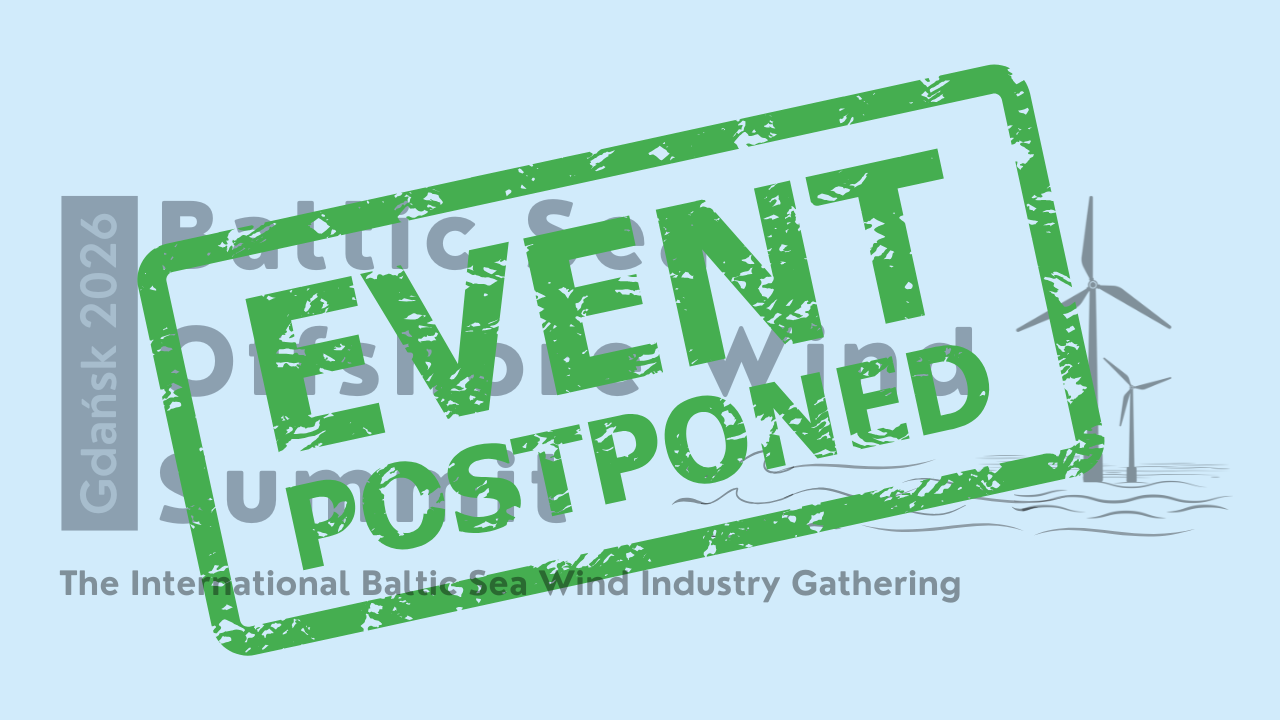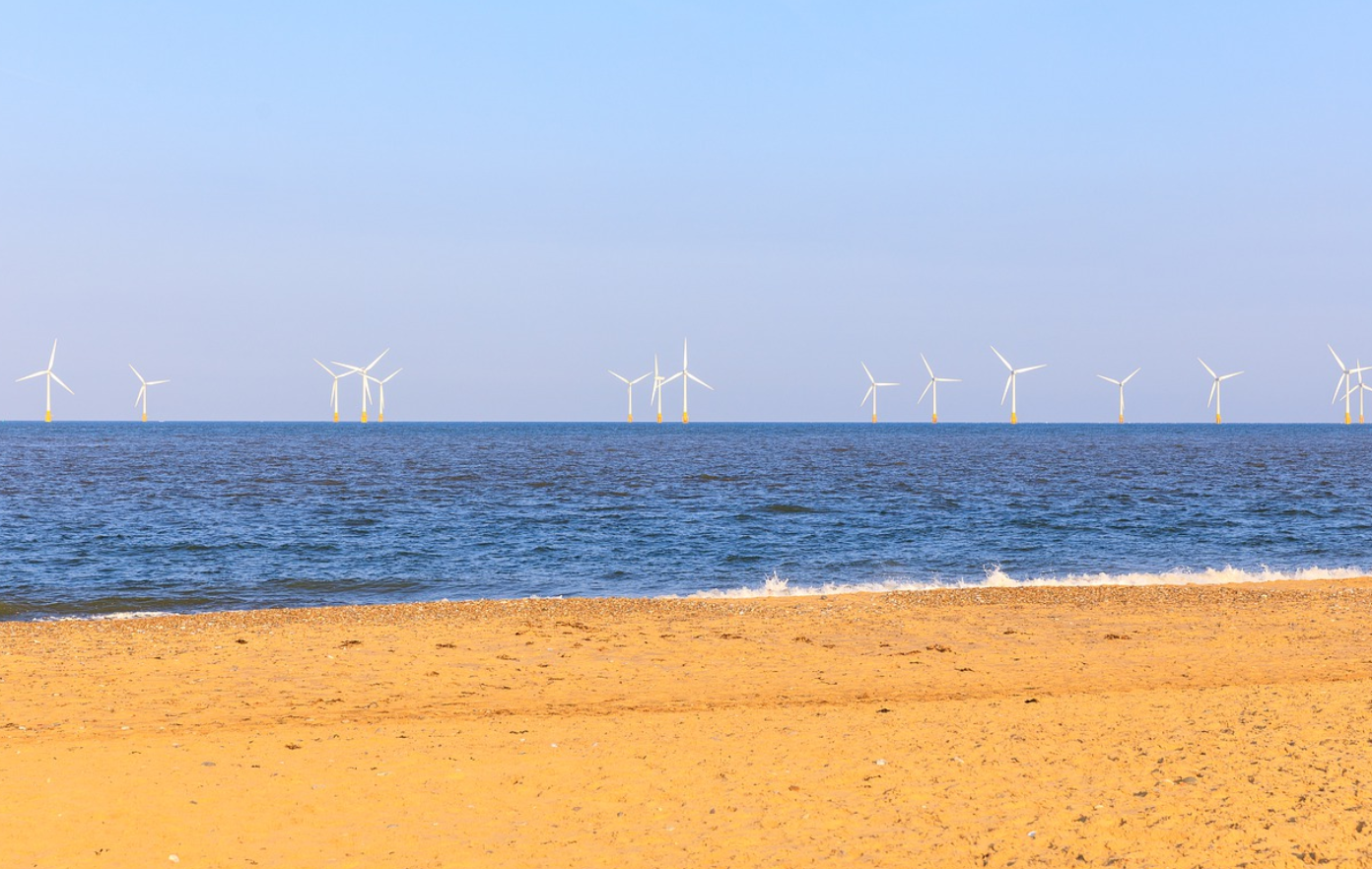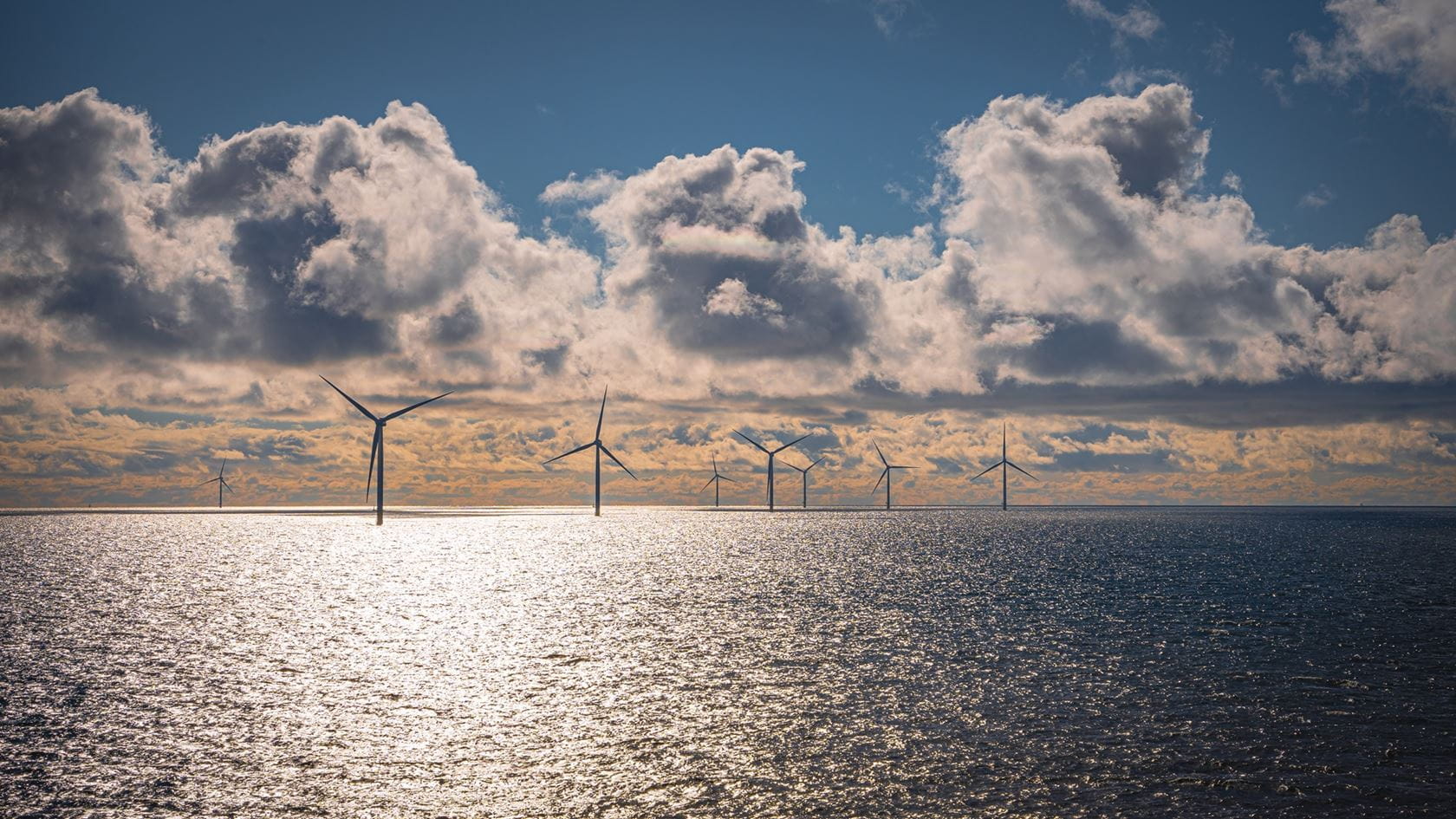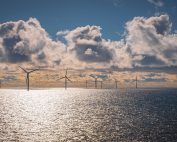Statkraft has submitted a licence application to the Swedish government for the Baltic Offshore Delta North wind farm with an installed capacity of 2.1 GW. The wind farm is located in Sweden’s economic zone, approximately 100 kilometres east of Stockholm and 55 kilometres east of Sandhamn Island.
The Stockholm region will have the potential to receive an annual production of approximately 8 TWh of electricity from Delta North, which corresponds to 40 per cent of the current electricity consumption in Stockholm County. Delta North would meet the increasing demand for electricity in the transport sector and the need to transition to a low-carbon industry to meet current climate targets. The wind farm would also address the imbalance in the Stockholm region, which produces only about a tenth of the electricity the region consumes.
The proposed wind farm includes up to 105 bottom-fixed wind turbines in an area far out to sea to ensure low or no visibility from land. Delta North will not be visible from the mainland and inner archipelago and will have low visibility from some locations in the middle archipelago. There may be some visibility from the outermost islands of the outer archipelago.
The proposed wind farm is located in an area that has been identified by Swedish authorities as suitable for offshore wind power. This was presented in the proposed revised maritime spatial plans. The area is considered to have little likelihood of conflict with other users of the sea, allowing for coexistence.
With a water depth of between 40 and 80 metres, the area is the only one suitable for large-scale bottom-fixed offshore wind power in the Stockholm vicinity. Depending on the final landing site and connection point to the grid, Statkraft intends to explore the possibilities of complementing the wind farm with hydrogen or e-fuel technologies that provide grid stability and thus address the challenges of intermittent electricity generation from offshore wind.
– There are three aspects that make the proposed Delta North wind farm unique. Firstly, it would lead to a huge increase in electricity generation in the Stockholm region to meet the high energy demand from both consumers and industry. Secondly, the project has been developed to minimise the impact on the Stockholm archipelago. Thirdly, the wind farm benefits from the more cost-effective and mature technology of bottom-fixed turbine foundations. None of these aspects are unique in themselves, but the combination of all three in one project is – says Jakob Norström, SVP Country Manager for Sweden.
Statkraft has submitted an application to build and operate the Delta North wind farm to the Ministry of Climate and Business under the law governing Sweden’s economic zone. Following the submission, the government will evaluate Statkraft’s application and seek input from several authorities before making a decision.
Statkraft is a major player and producer of renewable energy in the Swedish electricity market. Delta North is the second offshore wind farm Statkraft is applying for a licence to build outside Sweden, following Beta, whose application was submitted last year. More applications will follow as Statkraft strives to take a significant position in offshore wind in Northern Europe and aims to develop 6-8 GW of offshore wind by 2040.
Source: statkraft.se
